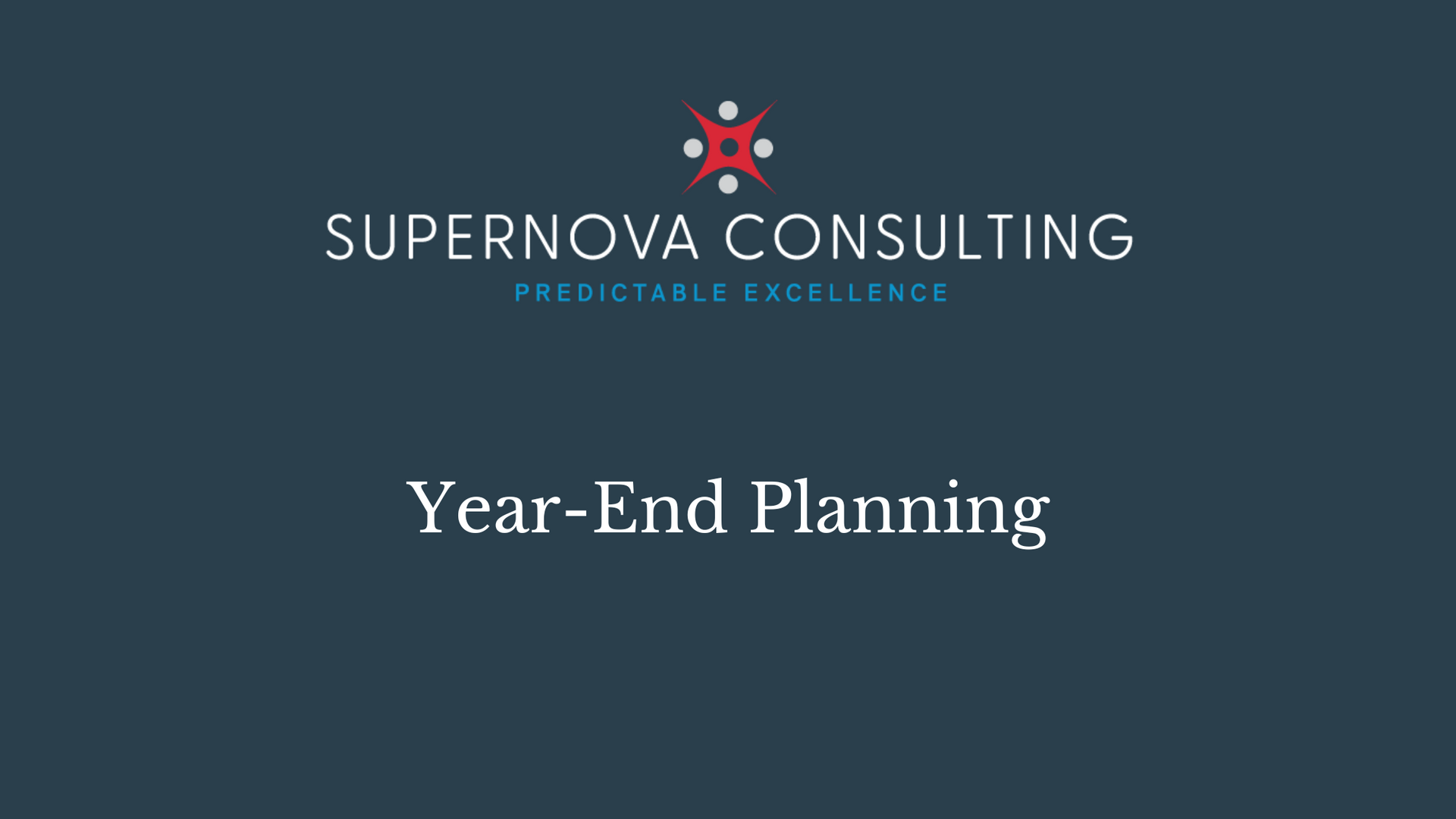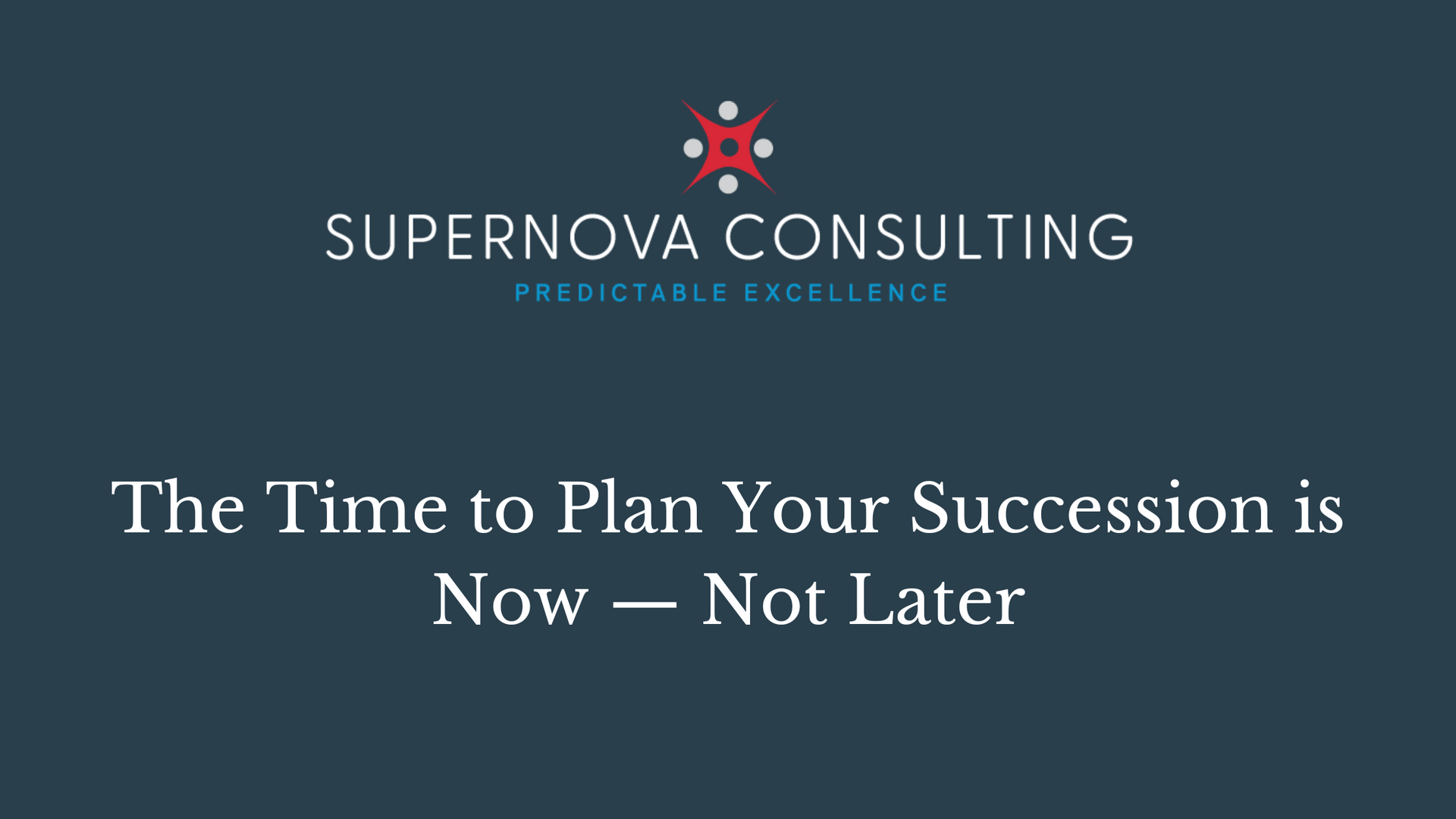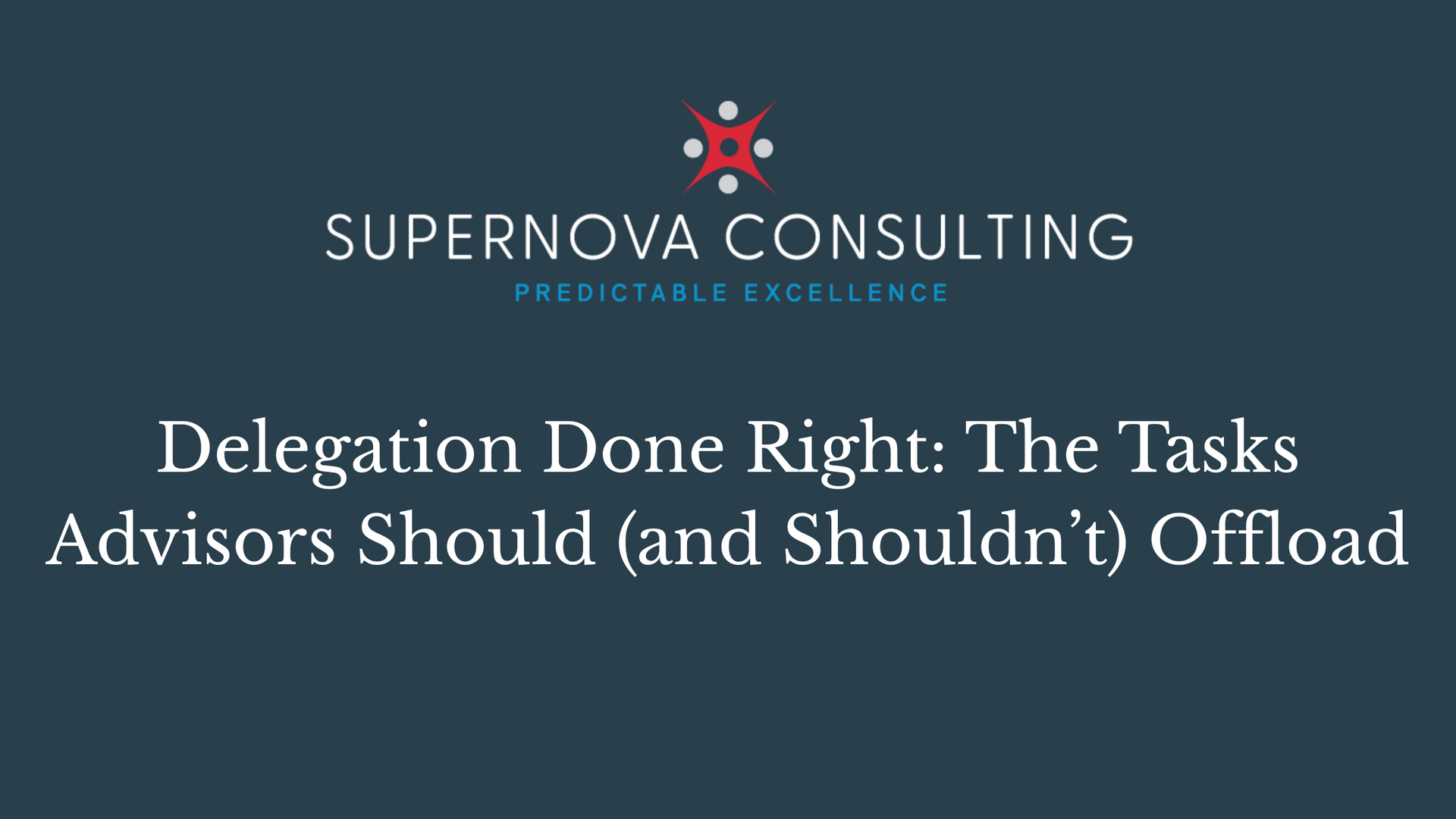Content Library

The close of the year isn’t just about tax-loss harvesting or RMD reminders. For elite advisors, it’s also the perfect time to pause, zoom out, and take stock of your business itself. Year-end planning for your practice is where reflection meets strategy — and where next year’s growth truly begins. The financial advice industry is booming: U.S. advisor-managed assets have grown at a 7.3% annual rate over the past decade (Cerulli Associates, 2023). Client demand is also rising, with the number of clients served increasing by 6.8% in 2024 , while total assets under management jumped 12.6% (Investment Adviser Association [IAA], 2024). Growth is there for the taking — but only for firms that are intentional about how they scale. Review the Numbers Behind the Numbers Too many advisors stop at celebrating AUM growth. Year-end is the time to go deeper. Ask: Which clients bring the most value — financially and relationally? Where did new business come from? How many hours did you spend on clients who aren’t aligned with your growth goals? The industry may be expanding, but if your time and revenue are concentrated in the wrong places, you’ll miss the opportunity to translate growth into profitability. Evaluate Capacity and Team Bandwidth Burnout is real, especially if you’re over-serving too many clients. Industry headcount growth is anemic — only 0.3% annually over the past decade, with projections for a decline of 0.2% per year (McKinsey & Company, 2023). Talent is scarce. That makes it essential to evaluate: Do you have the right number of clients for your service model? Is your team stretched too thin? Where can you delegate more effectively to lead at the highest level? Optimizing capacity ensures your practice is built to serve well without burning out your team. Future-Proof Your Practice Advisory firms are legacies in motion. Year-end is the perfect moment to ask the “what ifs”: Succession readiness — what happens if you step away tomorrow? Bench strength — who on your team is ready for more responsibility? Systems — which workflows need streamlining to free up time for client service? With 92.7% of advisory firms employing fewer than 100 people and nearly 69% managing less than $1 billion in AUM (IAA, 2024), small practices can’t afford to ignore succession or efficiency. Build the Playbook for 2026 Reflection without action is wasted potential. Build clarity into your 2026 plan: What is your growth goal for the year ahead? Which habits, processes, or hires will get you there? What does success look like by this time next year? Remember: firms that invest at least 2% of revenue into marketing grow 45% faster than those that don’t (Schwab, 2024, as cited in WealthManagement.com, 2024). Year-end is the perfect time to commit resources — not just ideas — to the strategies that will drive growth. Conclusion When advisors invest in their own year-end planning, they create the foundation for sustainable growth, stronger teams, and deeper client loyalty. Don’t just plan portfolios — plan your practice. With industry growth projected at 5.5% annually through 2032 (BizPlanR, 2024), the opportunity is massive — but only if you’re prepared. Curious to learn how Supernova can help you do just that? Let’s connect.

Everywhere you look, the headlines say the same thing: artificial intelligence is coming for our jobs. In financial services, some are even bold enough to predict that AI will replace financial advisors altogether. But here’s the truth: while AI can crunch numbers, automate tasks, and generate insights at lightning speed, it can’t replace the timeless power of human connection. And in the world of financial advice, connection isn’t optional — it’s everything. Clients Value People Over Portfolios A study of thousands of client reviews found that 89% highlight relationship quality, planning advice, and emotional support , while only 10% mention investment performance (Wealthtender, 2024). In other words, clients rarely rave about beating the market — they rave about how their advisor made them feel supported, understood, and cared for. Money is emotional. It touches every corner of a client’s life — from dreams of retirement to fears about security. What clients want most is someone who sees them as more than numbers on a page. That’s a uniquely human skill. Human Advisors Deliver Greater Satisfaction and Value According to Vanguard’s research, 84% of human-advised clients report satisfaction , compared to 77% of digital-only clients (Vanguard, 2022). Human-advised clients also believe their advisor helps them feel 16 percentage points closer to achieving their financial goals , compared to only 5 points for robo-advisors. On a $1 million retirement target, that’s about $160,000 in added perceived value (Vanguard, 2022). That’s not a margin AI can erase. It’s proof that humans deliver measurable and emotional outcomes that digital platforms can’t replicate. The Risk of Going Too Digital The banking sector illustrates the limits of automation: 75% of consumers still prefer talking to a real human for support , and nearly 48% say they don’t trust AI-generated responses (Five9, 2023). In fact, 62% of banking customers say they would switch providers if they felt treated like a number, not a person (The Financial Brand, 2023). If clients feel this way about banking — imagine how much more strongly they feel about financial advice, where trust and personal connection are paramount. Where AI Fits In AI isn’t the enemy. In fact, when used well, it can make human advisors even better. By automating routine tasks, generating insights, and handling back-office complexity, AI frees advisors to focus where they shine: listening, coaching, and building trust. Technology should elevate the advisor’s role, not erase it. Think of AI as the assistant — and the advisor as the irreplaceable partner walking alongside the client. Supernova’s High-Touch Advantage At Supernova, we’ve always believed that service is the brand. High-touch, proactive client service isn’t a luxury — it’s the foundation of trust and long-term success. Our coaching model helps advisors segment their books, streamline their workload, and free up time to deliver the kind of personal, attentive service that clients crave. When advisors have the capacity to truly “wow” their best clients, those relationships deepen, loyalty strengthens, and referrals flow naturally. AI may change the tools we use, but it will never change the immutable law of human connection. Closing Thought In an industry buzzing with predictions about technology, here’s the reality: AI can enhance financial advice, but it cannot replace the advisor. Because the essence of this profession has never been about algorithms — it’s about people. At Supernova, we believe the future of financial advice belongs to those who embrace technology without ever losing sight of what matters most: the enduring power of human connection.

As a financial advisor, you’ve dedicated your career to guiding clients through life’s financial milestones. Yet, when it comes to planning your own transition into retirement, it’s easy to postpone. However, the landscape is shifting, and the time to act is now. The Impending Retirement Wave Recent studies underscore the urgency: Over the next decade, approximately 105,887 financial advisors are expected to retire, representing about 37.4% of the industry’s headcount and 41.4% of total assets under management. Advisors aged 55 and older manage 56.7% of all assets, despite comprising only 42% of the advisor population. Alarmingly, more than one-quarter (26%) of advisors planning to retire within the next ten years lack a clear succession plan. These figures highlight a looming challenge: a significant portion of client assets may be left in limbo without proper succession strategies in place. The Importance of Early Succession Planning Succession planning isn’t merely about selecting a successor; it’s about ensuring the continuity of trust and service for your clients. Early planning allows for: Seamless client transitions: Building relationships between clients and successors well before retirement ensures comfort, continuity, and retention. Preservation of your legacy: Thoughtful planning safeguards the business you’ve built and the relationships you’ve nurtured. Operational readiness: Ensuring your successor has the capacity and resources to manage the inherited client base effectively. Introducing Supernova’s Succession Process Supernova Consulting offers a comprehensive approach to succession planning that benefits all parties involved: For the Retiring Advisor: Supernova’s process facilitates a structured transition, allowing you to gradually step back while ensuring your clients remain in capable hands. For the Successor Advisor: The process includes training and support to help successors build trust with new clients and manage increased responsibilities confidently. For the Clients: Clients experience a smooth transition with consistent service quality, reinforcing their trust in you and your team. Supernova’s methodology emphasizes early engagement, capacity planning, and service model implementation, ensuring that successors are well-prepared to uphold your standards. Key Considerations for Selecting a Successor When contemplating succession, consider the following: Capacity and Competence: Do they have the time, experience, and skill set to serve your entire client base? This is especially important in the HNW and UHNW space. Commitment to Continuity: Are they dedicated to maintaining the relationships and trust you’ve established? Alignment of Values: Does the potential successor share your philosophy and client service approach? Cultural Fit: Will they integrate well with your existing team and client base? Take the First Step Today Succession planning is a critical component of your business strategy. By initiating the process now, you ensure that your clients continue to receive the exceptional service they’ve come to expect, and your legacy endures. Supernova Consulting is here to guide you through every step of this journey. Let’s work together to create a succession plan that reflects your values and secures the next chapter in your future.
Category
Content Type



